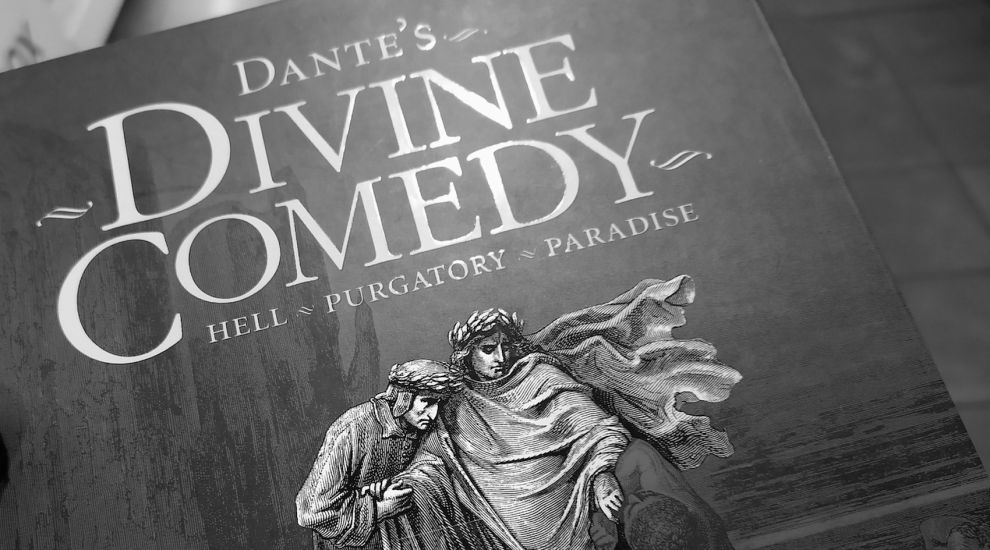


If you’re looking for life advice, a 700-year-old Italian manuscript is probably not the first thing you’d turn to. Nevertheless, you might be surprised at how relevant Dante’s ‘Divine Comedy’ is, even today.
Often cited as one of the most influential works of European literature, this great poem spans over 14,000 lines and tells the tale of one man’s journey through Hell, Purgatory, and Paradise (or Inferno, Purgatorio, and Paradiso).
And who is this man? A fictionalised version of the author, Dante Alighieri, himself.
There are many pearls of wisdom found within this masterpiece that we can apply to our own lives.
Here are a few life lessons that modern readers can discover within Dante’s pages:
1. Learn from your mistakes
The souls that Dante places in Hell are forever trapped obsessing over the sins that landed them down there. They have no hope for redemption and lack the self-awareness to accept that what they did was wrong. Reading Inferno may serve as a gentle reminder that we as readers can – and should! – acknowledge our mistakes, learn from them, and move on.
2. Perseverance is key
According to Dante, any soul who repents before they die goes to Purgatory. Once they’ve spent enough time ‘working off’ their sins there, these repentant souls are guaranteed to make it to Heaven. Depending on the severity of their crimes, this may take hundreds of years.
What’s clear in Dante’s poem is that, no matter how long it takes, it’s worth putting in the effort. The characters in Purgatory persevere through borderline torturous situations, knowing that their reward will make it all worth it – a level of dedication that may inspire modern readers striving towards their own goals.
3. There’s still time to change
Reading Purgatorio drives home that it’s never too late to change. Some of the souls in Dante’s Purgatory committed terrible crimes in life and only repented for their sins at the point of death, but that was enough to change their fates and land them in Purgatory instead of Hell – a much more desirable afterlife location in Dante’s universe.
4. Find the funny side
Dante’s poem is undeniably a great and somewhat intimidating text. Yet, even amongst his depictions of the punishments of Hell, Dante still manages to include some comedy moments (and no, that’s not why it’s called ‘The Divine Comedy’). If Dante can find the funny side while describing the fires (and ice) of Hell, perhaps we, as readers, can remember to look for humour in our own lives, even in difficult situations.
5. Look up
By the end of Inferno, Dante has been on a long journey down through Hell, past the centre of the Earth, and back out on the other side of the planet. Inferno ends with Dante finally seeing the stars once more, representing hope and salvation.
To labour the point, he ends Purgatorio and Paradiso with the word ‘stelle’ (‘stars’) as well.
From this, I suggest that we can take away the following: No matter what you’re going through, you can always find the stars again.
Katie Bastiman specialised in Dante during her studies at the University of Oxford, and now offers evening classes on the Divine Comedy through the Highlands Adult and Community Education provision.
To find out more or sign up for the next Beginner Dante course starting on 8 May, click here, or email katie.bastiman@highlands.ac.uk.